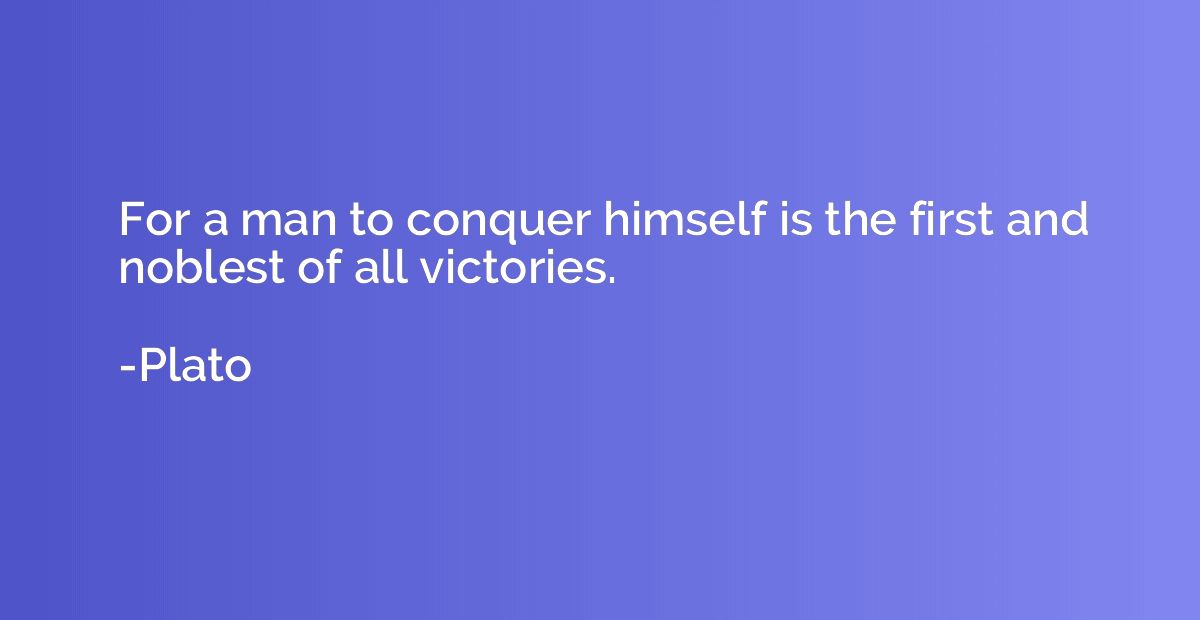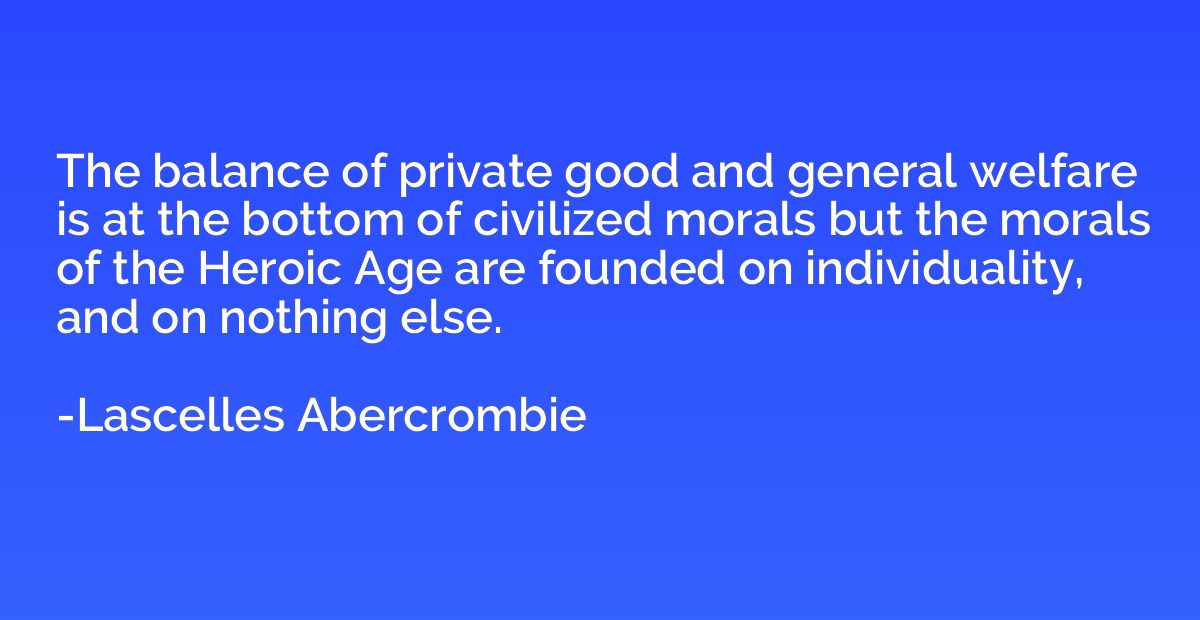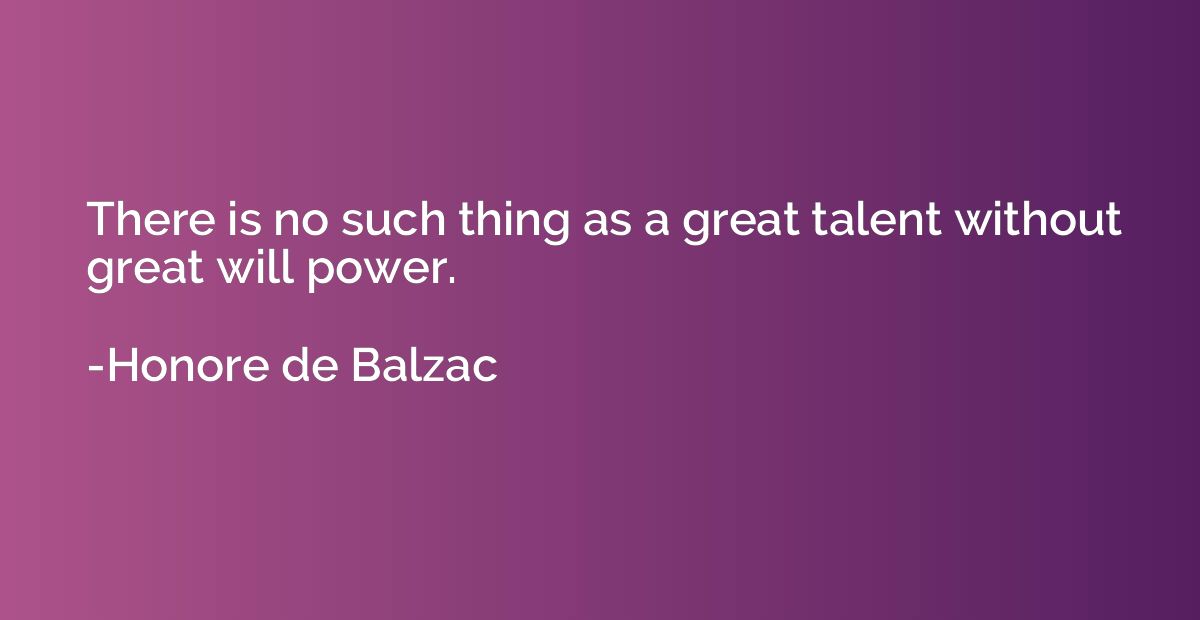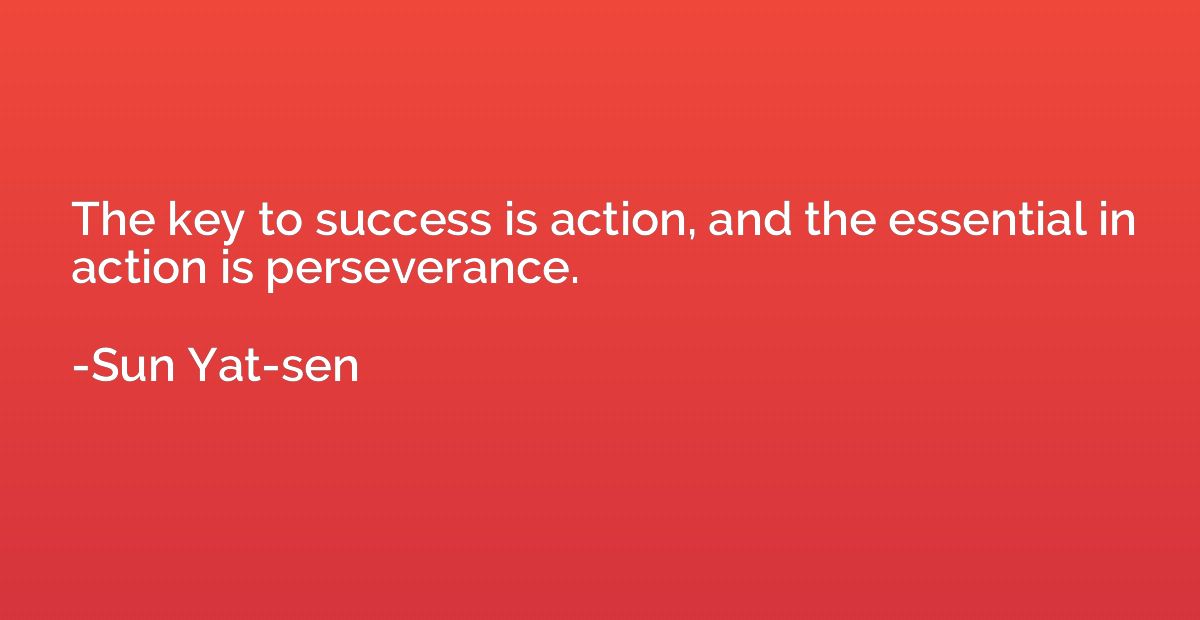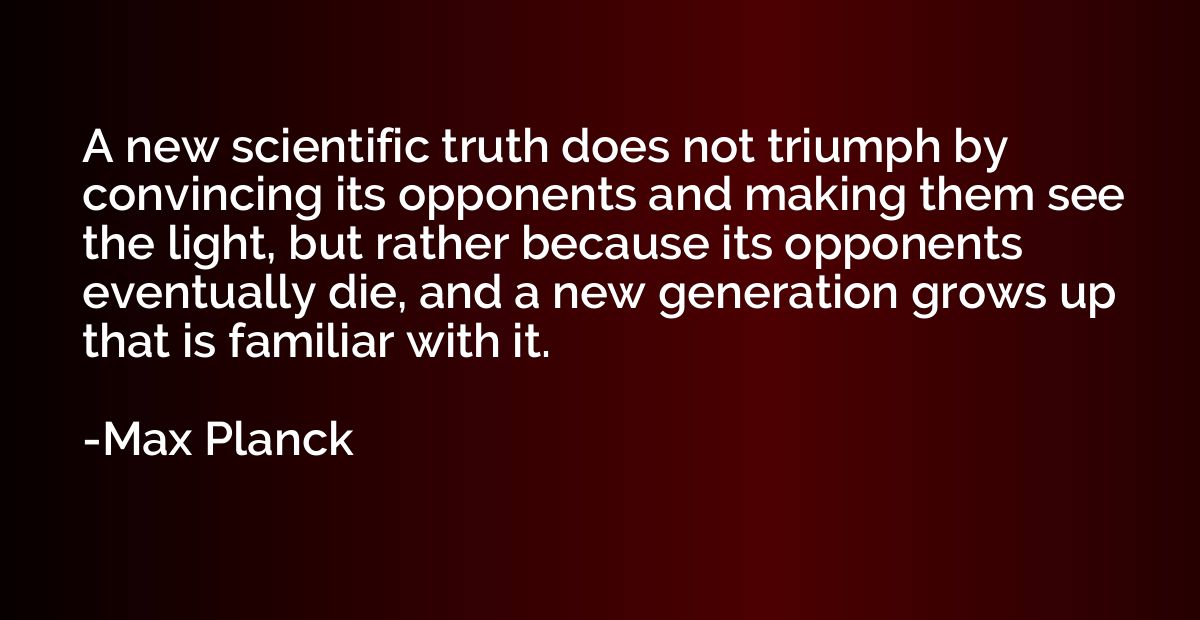Summary
This quote emphasizes the importance of fulfilling one's responsibilities and obligations to the best of one's abilities. It advises individuals to focus on performing their duty with sincerity and dedication. The phrase "leave unto the Lord the rest" suggests leaving the outcomes and consequences to a higher power, implying that one should not be overly concerned about the results of their efforts. The quote promotes the idea of letting go of worries and trusting in a higher power to handle the rest.




